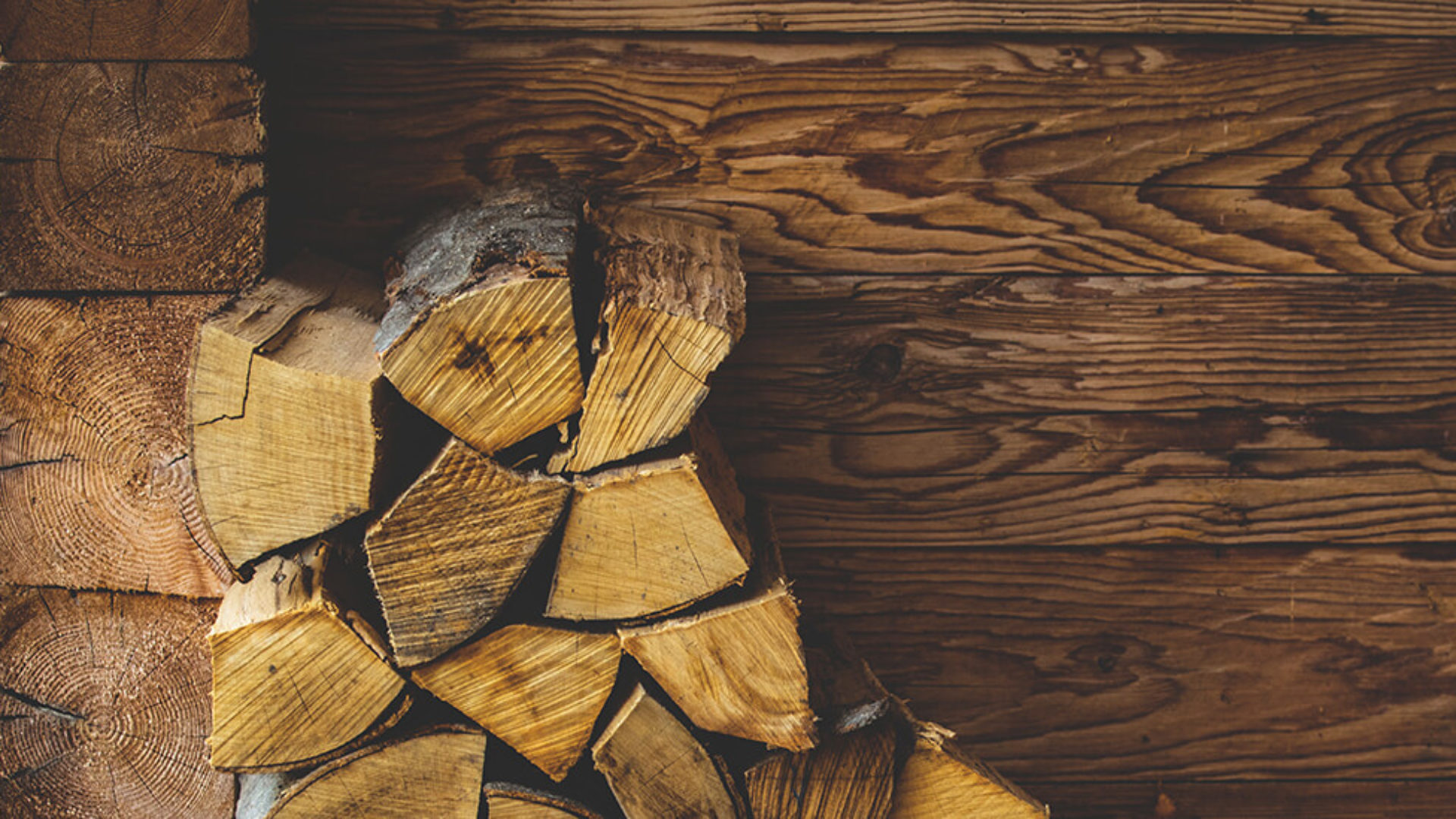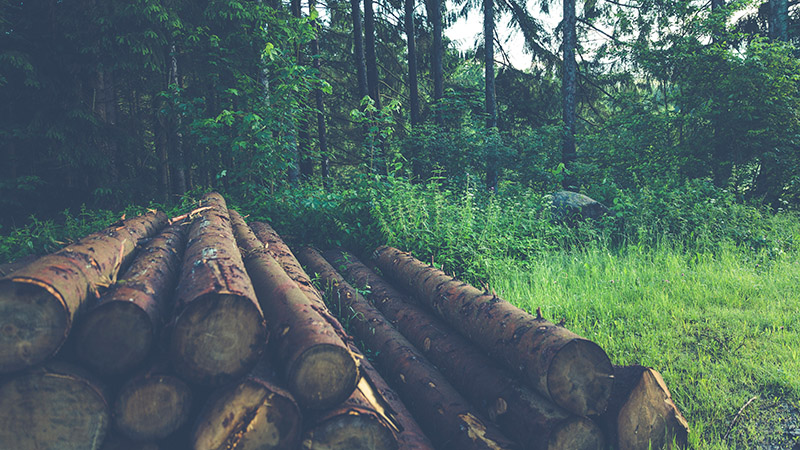You may have seen some movie scenes like people hold on to wood logs when they are stranded at sea.
But is it really going to work in real life? Have you thought about other possibilities?
Will wood sink in water? In what circumstances will a wood log not be able to float on water?
First off, let’s see why woods can float on water, and we will see if it is always true.
#1. How does Wood Float on Water?
#1. Why can Wood Float on Water?
Usually, if you throw a wooden plate or a wood stick into the lake, it floats.
Some people may know the determining factor – Density, which is equal to weight divided by volume.
Since most of the woods are porous, their density is relatively low.
As it is all comes down to density, we can say that the woods we commonly see floating on the water have a lower density than water.
The density of water is 997 kg/m³. Let’s say we have a wood log whose volume is 1m³ and its weight is 900kg. Then the density is 900 kg/m³ (weight/volume).
What will happen if we throw in the water? It floats. What if the log’s weight is 999kg? It sinks since the density is higher than water.
Some people may wonder: Why some people are better at floating on the water even we have nearly the same density.
It’s because the air we breath and the muscles contraction will change the density of the human body.
The human body is nearly as dense as water, people good at swimming have skills in controlling their breath and muscles to get relaxed on the water.
That is to say, they are cable of changing and adjusting their body’s buoyancy when floating on water.
That is also why some people can sleep on the water while some may get drowned.
#2. Will Wood Sink?
As we have discussed in part 1, the weight of the wood will determine if it is floatable.
Then the question can be paraphrased like this: Are there any wood types denser than water?
Yes, there are many kinds of heavy wood whose density is quite high.
For example, ironwood, which contains a large number of hardwood types, and you can tell by the name how heavy it is.
Usually, an ironwood’s density is more than 1000 kg/m3, that makes it sink in water without a doubt.
For more information about high-density woods: You can see the heaviest woods in the world here.
Besides the natural weight, there are also some things that may decide if a wood log can be floatable:
If the wood is wet or has been soaked with liquid, the wood will absorb moisture, which also gains its weight.
The buoyancy also gets affected by the following points:
Water quality:
People float in the Dead Sea without trying because it contains much salt than plain water.
Insect infestation:
Some bugs or insects will dig holes or make tree rotten, which have not only impacts on tree’s health but also the density.
Tree Sap:
When trees start to produce sap, it usually has higher density and more weight than before.
There are also some external factors I have not mentioned above affect woods density and floatability.
So even for a wood that can float, it might sink in water after these things changed.


2 thoughts on “Does Wood Always Float on Water?”
Can you list some types of trees common in America that float for a long time. Also list some that would sink right away, and some that would float well for a short while, like until it becomes saturated and then sinks?
I had a lot of ash tree that were dying so I cut 9 foot logs and dumped them in the pond ,some of them sank already